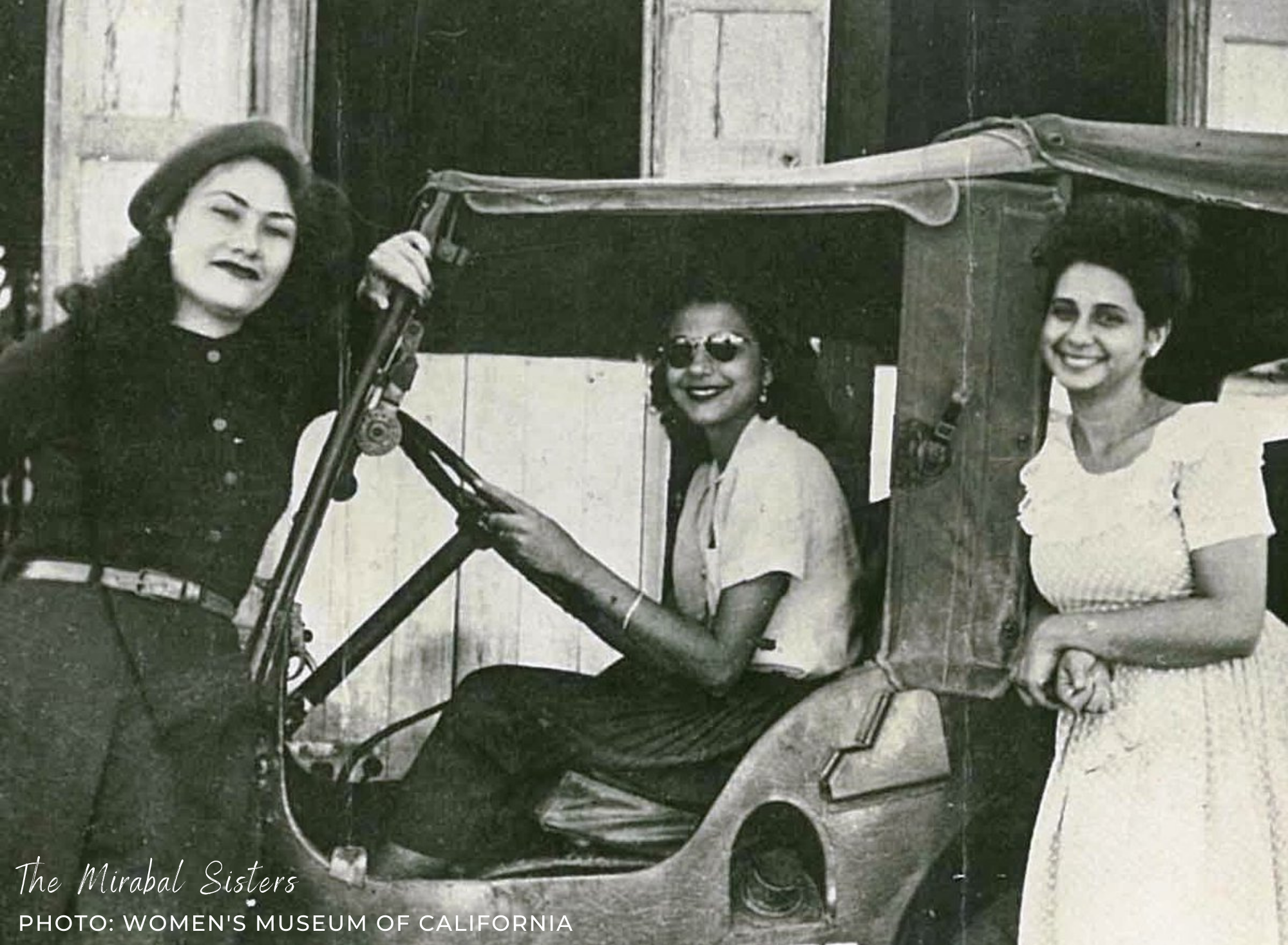There are a few things that have occurred of late that remind me of the importance of living in the present. I have realised that to really relax and learn I need to ensure that I am enjoying the present as opposed to worrying about what has passed or what will come along.
This morning I woke and finished a great book, Life After Life by Kate Atkinson, recommended to me by our superb St. Clement’s Library staff. Very near the end of the book, the main character, a now older woman named Ursula, finds herself in a park dozing off and she muses that “Life wasn’t about becoming, was it? It was about being.” I thought of our Clementines, who are exceptional girls –but perhaps often too busy and too consumed with ‘what will be’ as opposed to ‘what is’. While St. Clement’s presents itself as university preparatory school, and our girls are working through a curriculum that eventually takes them to their next phase of life, it is important to remind our girls that they should embrace each moment and avoid moving on to the ‘next thing’ too quickly.
This took me back to a presentation that I attended at the National Conference on Girls’ Education last weekend in Philadelphia. The presentation by Dr. JoAnn Deak was entitled Why the Brain Cannot Truly Multi-Task and What That Means for Teachers and Teaching. Dr. Deak presented a very powerful message, supported by brain research about her serious concerns regarding multi-tasking and the ensuing effects. She indicated that when the brain attempts to do several things at once, it causes increasing tendency to make mistakes, it costs time and it also diminishes the ability for singular focus in a significant way. It was this notion of decreased ability for laser-like focus that Deak highlighted and, while she is not against the notion of technology, she shared her concern about its capacity to encourage multi-tasking. In truth, her depth of concern started to rub off on me. I had been Tweeting messages and was busily jotting down notes on my iPad while she spoke, when Deak pointed out that while we may think writing things down while someone is speaking helps us to learn information, this is not the case and that it is the habituation of this that makes it feel effective. In fact, I was not learning as effectively because I was not allowing myself to attend to her information. I immediately Tweeted the following message and stopped: “Yikes- won’t be tweeting anymore during session on multi-tasking! Can’t get the brain to learn something if we aren’t paying attention. Deak”
Finally, I have been ‘sans BlackBerry’ since Monday having left it at behind due to a quick exit from a board meeting in Philadephia to catch a cab with a colleague to the airport. For a variety of reasons, including paperwork and unprecedented weather issues, FedEx has struggled to get my device back to me. Because of this, coupled with my car radio ceasing to work on Tuesday morning, I have found my travel and down time markedly more quiet and detached. What, at first, felt like an extreme imposition, now, several days later feels like a blessing. I’m driving in silence, allowing increased mindful time, and I am not able to habitually check my messages at every pause in the day.
I am very thankful for these reminders, whether through experts, authors or experiences, and intend to work harder to enjoy things in the present. I hope that readers will too.
